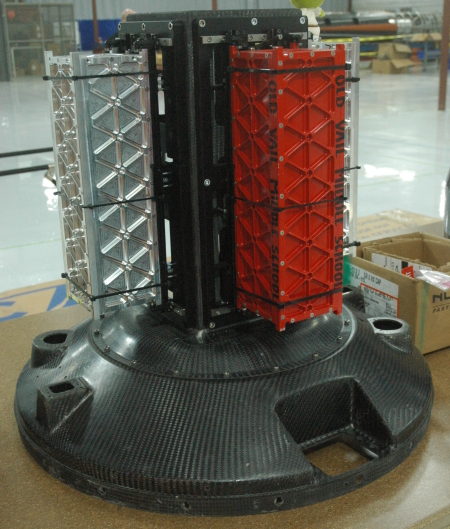Rocket Lab suspends launches due to Wuhan virus
Chicken Little wins again! Rocket Lab announced yesterday that it is postponing its next launch from New Zealand, scheduled for March 30, due to the Wuhan virus.
The decision to postpone the launch came after the government of New Zealand announced March 23 that it was moving to Level 4, or its highest response level to the pandemic, effective just before midnight local time March 25. Under Level 4, residents are instructed to remain at home and only essential businesses allowed to remain open.
What the government considers essential is very limited. “Only the businesses absolutely essential to ensure the necessities of life, like supermarkets and pharmacies, can stay open. If in doubt, the business premises should be closed,” Paul Stocks, deputy chief executive of New Zealand’s Ministry of Business, Innovation and Employment said in a March 24 statement.
My sense is that Rocket Lab was forced to do this by the government. The result is the government has become more powerful, and private enterprise weaker, partly because of the former, and partly because its profit margin will be slashed due to the unnecessary delay.
Chicken Little wins again! Rocket Lab announced yesterday that it is postponing its next launch from New Zealand, scheduled for March 30, due to the Wuhan virus.
The decision to postpone the launch came after the government of New Zealand announced March 23 that it was moving to Level 4, or its highest response level to the pandemic, effective just before midnight local time March 25. Under Level 4, residents are instructed to remain at home and only essential businesses allowed to remain open.
What the government considers essential is very limited. “Only the businesses absolutely essential to ensure the necessities of life, like supermarkets and pharmacies, can stay open. If in doubt, the business premises should be closed,” Paul Stocks, deputy chief executive of New Zealand’s Ministry of Business, Innovation and Employment said in a March 24 statement.
My sense is that Rocket Lab was forced to do this by the government. The result is the government has become more powerful, and private enterprise weaker, partly because of the former, and partly because its profit margin will be slashed due to the unnecessary delay.

